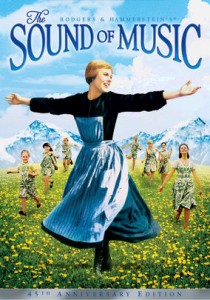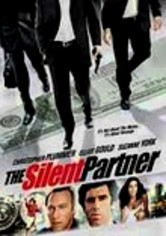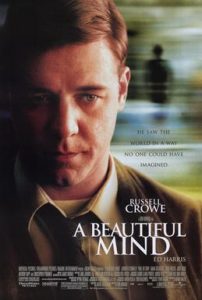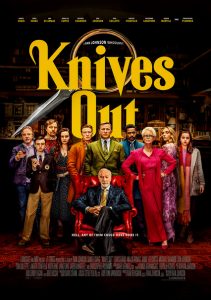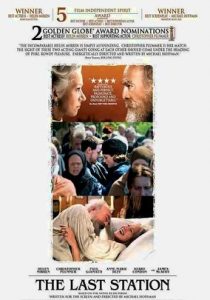The Sound of Music-1965
Director Robert Wise
Starring Julie Andrews, Christopher Plummer
Top 250 Films #18
Scott’s Review #49
Reviewed June 20, 2014
Grade: A
The Sound of Music (1965) is a film that almost everyone has seen multiple times. It is undoubtedly ingrained in most people’s childhood memories, especially around the holiday season, and is a treasure to watch.
It is tough to be objective, as I’ve probably seen the film dozens of times and continue to appreciate and love it with each repeated viewing.
Maria (Julie Andrews) is a pretty, young, free-spirited woman living in the gorgeous hills of Austria. We first meet her on a lush hilltop where she sings with the birds and enjoys life.
While very popular with other nuns, she does not quite fit in at the Nonnberg Abbey, where she studies to become a nun. She is sent to discover herself as the governess of seven nearby children. They are the children of well-known and now-retired Georg von Trapp (played by Christopher Plummer).
Since his wife died, no life or music exists inside the house. Maria brings life and music to all, transforming everyone’s existence into a happier one. The threat of the powerful Nazis wishing to recruit a disapproving von Trapp adds tension.
Maria and the von Trapp family fall madly in love.
As a musical, it is top-notch and is the hallmark of all musicals. The songs are challenging to get out of one’s head (“The Sound of Music,” “Climb Ev’ry Mountain,” and “My Favorite Things” are personal favorites), but the list of gems goes on and on.
The political/Nazi story was lost on me as a child, but now I see the film does have a darker tone in the second half and becomes quite severe. Indeed, since it is a family film, the details are glossed over a bit, but so what? It is the wonderful music that makes The Sound of Music great and memorable.
The first half is wholesomely sugary, sweet, and safe, and, from what I’ve read, exceptionally loosely based on the real von Trapp family. However, this hardly matters, as escapism is sometimes needed.
I hate to dissect and overanalyze a film like this, a fantasy/musical extravaganza meant to be enjoyed—lighthearted and fun for everyone.
Oscar Nominations: 5 wins-Best Picture (won), Best Director-Robert Wise (won), Best Actress-Julie Andrews, Best Supporting Actress-Peggy Wood, Best Scoring of Music-Adaptation or Treatment (won), Best Sound (won), Best Art Direction, Color, Best Cinematography, Color, Best Costume Design, Color, Best Film Editing (won)
